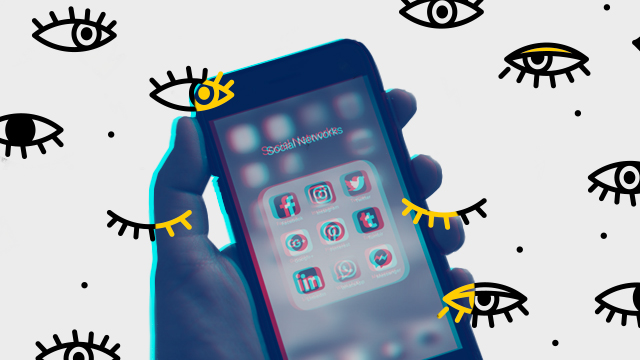A tweet by a man, Abhishek Mishra went viral on Twitter for all the wrong reasons. He claimed to have cancelled an Ola cab booking because the driver was a Muslim. In his tweet, he announced that he doesn’t want to give money to “Jihadi people”. As people raged against the bigotry and asked Ola cabs to ban him, others pointed out his links to the ruling political party. It is believed that Mishra is an active member of right-wing groups and works in their IT cell. Moreover, his verified Twitter profile is followed by many important ministers.
Ola responded to his tweet thus, “Ola, like our country, is a secular platform, and we don’t discriminate our driver partners or customers basis of their caste, religion, gender or creed. We urge all our customers and driver partners to treat each other with respect at all times.”
As people expressed their shock and anger, they were also forced to confront that this bigotry is not new. What is new is perhaps the sheer brazenness of the hatred. The bigotry that had so far lurked in private conversations and behaviour has found new expressions on social media and politics. It is also supported and encouraged by the prevailing dominant ideology. It has thus formed new and violent forms in terms of direct threats and harassment. As it grows unchecked, it has potential to cause real harm to the nation and its people.
Social media platforms have been critiqued for allowing this to go unchecked. Following this, last year Twitter announced hate speech rules to “reduce the amount of abusive behaviour and hateful conduct.” The changes were made in consultations with Twitter Trust and Safety Council, a group representative of more than 40 organizations dealing with, among other things, anti-Semitism, homophobia, sexism and racism. Similarly, Facebook (currently under attack over privacy breaches) has declared its stand on what constitutes hate speech, “Content that attacks people based on their actual or perceived race, ethnicity, national origin, religion, sex, gender or gender identity, sexual orientation, disability or disease is not allowed.”
However, these rules have been found to be inadequate and lacking in dealing with the menace of hate on social media platforms. Many Twitter users pointed out that Mishra’s tweet is still there despite flagging it as hate speech. Moreover, he further celebrated the lack of action against him by Twitter and called it a “tight slap on the faces those trying to suspend my account (sic).”
Twitter neither deleted the tweet nor suspended the account, despite the fact that the tweet was clearly Islamophobic.
India Today pointed out, the tweet amounts to hate speech as per Section 153 (A) of the Indian Penal Code that gives punishment of imprisonment to guilty up to three years for “Promoting enmity between different groups on grounds of religion, race, place of birth, residence, language, etc., and doing acts prejudicial to maintenance of harmony.”
India with its multicultural fabric had long prided itself on its unity in diversity. This diversity of people, religions, culture, and literature had enriched the nation in many ways. Historically Indian people had assimilated and welcomed new traditions and new ways of thinking and living and made them their own. This assimilation of cultures and people had given Indian people and national resilience and dynamism that was unmatched. It was believed that this was the reason that ancient languages or cuisines continued to evolve and flourish and democracy thrived despite all odds.
Many would like to believe that despite the hate on media, the secular fabric of the nation is intact. However, it should be noted that repeated bigoted attacks which enjoy social sanction and sometimes even political power will cause substantial damage to the unity of the country in the short and long run. Such bigotry will not stay limited to media but play out in the open in the form of discrimination, violence, riots and lynching. Indeed that has already started happening.
Hate works by ‘othering’ – systematic exclusion. This ‘other’ can be anyone. It can be a religious group, caste group, an entire gender, a region or a language. As narrow definitions of nationhood and identity are imposed, many who had thought themselves ‘safe’ will soon find themselves vulnerable. Thus it is imperative that this bigotry is resisted swiftly and with unity from all. Right now it may have come for one, but soon it will come for all.
Disclaimer: The opinions expressed in this article are the personal opinions of the author. The facts and opinions appearing in the article do not reflect the views of NEWSD and NEWSD does not assume any responsibility or liability for the same.


















